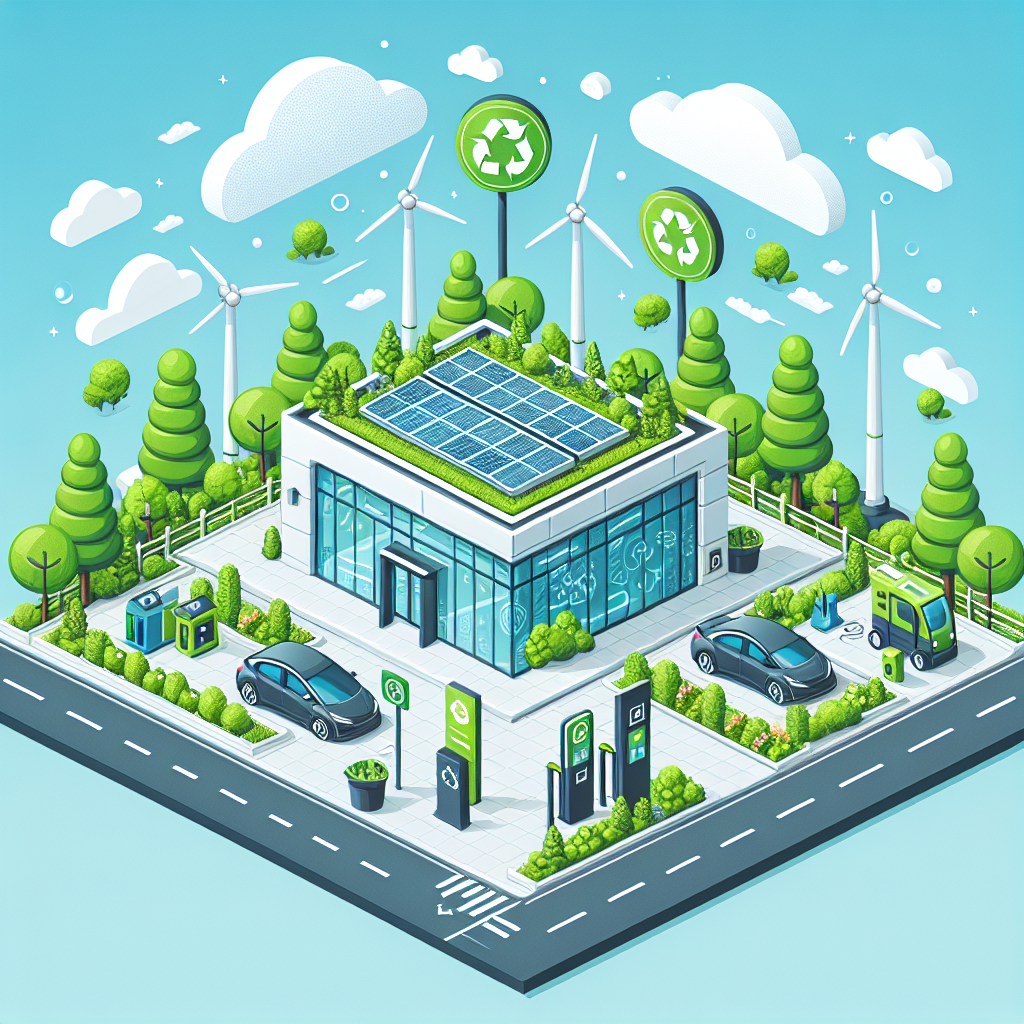Your cart is currently empty!
Data Center Sustainability: A Key Consideration for Businesses Going Forward

In today’s rapidly evolving digital landscape, data centers have become an integral part of businesses’ operations. These facilities house the servers and infrastructure that store and process massive amounts of data, enabling organizations to operate efficiently and effectively in the digital age. However, as the demand for data continues to grow, so too does the environmental impact of data centers.
Data centers are notorious for their high energy consumption and carbon footprint. According to a report by the Natural Resources Defense Council, data centers in the U.S. alone consumed an estimated 91 billion kilowatt-hours of electricity in 2013, accounting for about 2% of the country’s total electricity consumption. This energy usage not only contributes to greenhouse gas emissions but also drives up operating costs for businesses.
As awareness of climate change and environmental sustainability continues to grow, businesses are facing increasing pressure to reduce their carbon footprint and operate in a more sustainable manner. This is where data center sustainability comes into play. By implementing sustainable practices and technologies in their data centers, businesses can not only reduce their environmental impact but also improve their bottom line.
One key consideration for businesses looking to improve the sustainability of their data centers is energy efficiency. This can be achieved through a variety of means, such as using energy-efficient servers and infrastructure, implementing virtualization to maximize server utilization, and optimizing cooling systems to reduce energy consumption. By reducing energy usage, businesses can lower their operating costs and lessen their environmental impact.
Another important aspect of data center sustainability is the use of renewable energy sources. Many data centers are now turning to renewable energy sources such as solar, wind, and hydroelectric power to power their operations. By sourcing energy from renewable sources, businesses can further reduce their carbon footprint and demonstrate their commitment to sustainability.
In addition to energy efficiency and renewable energy, businesses can also improve the sustainability of their data centers through responsible waste management and recycling practices. This includes properly disposing of electronic waste, recycling old equipment, and implementing sustainable procurement practices to minimize waste and resource consumption.
Overall, data center sustainability is a key consideration for businesses going forward. By implementing sustainable practices and technologies in their data centers, businesses can reduce their environmental impact, lower their operating costs, and demonstrate their commitment to sustainability. As the demand for data continues to grow, it is essential for businesses to prioritize sustainability in their data center operations to ensure a more sustainable future for all.

Leave a Reply